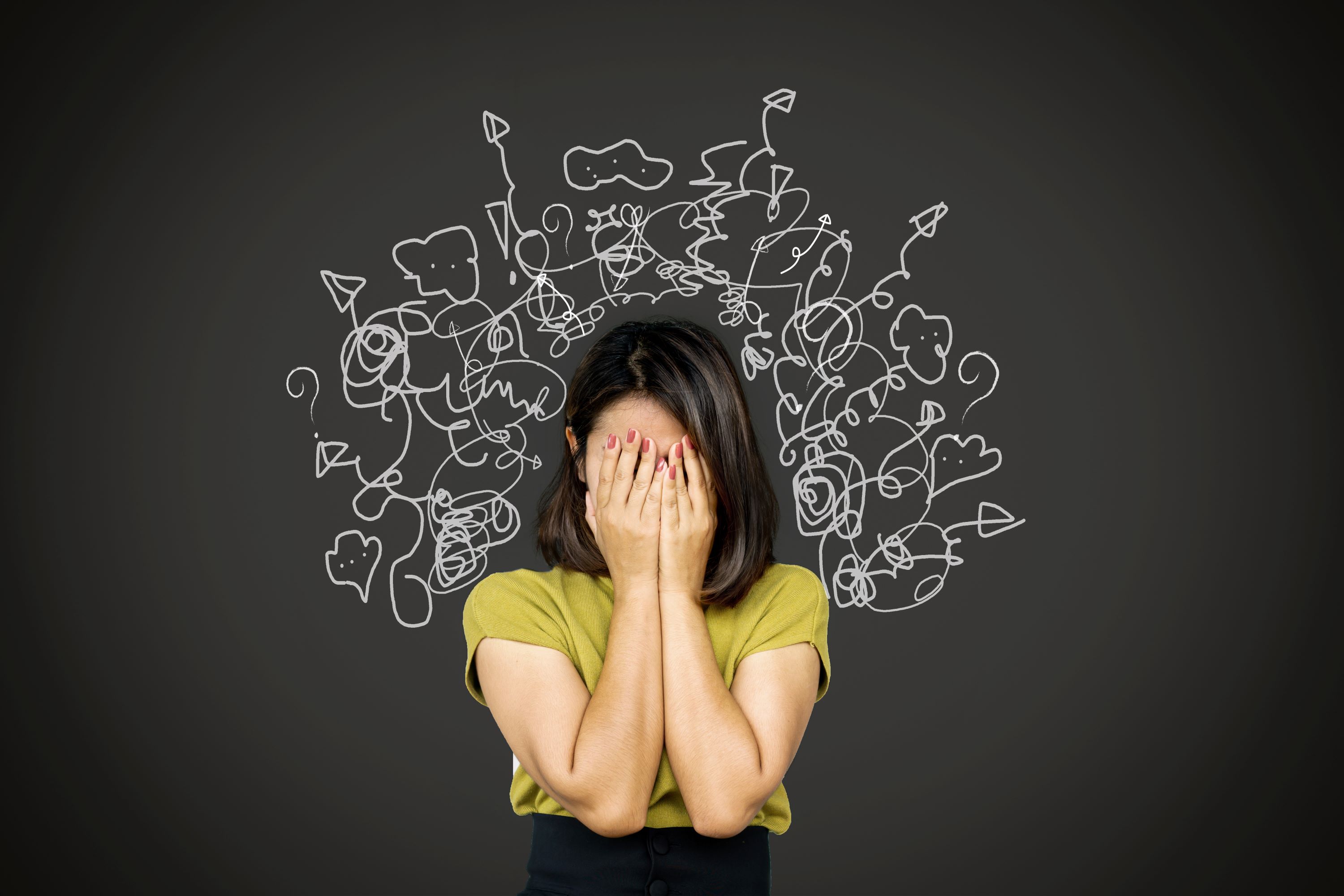“There’s substantial research that tells us stress makes older adults feel their age, or even feel older than they actually are,” says Shevaun Neupert, corresponding author of the study and a professor of psychology at North Carolina State University.” And the literature tells us that when seniors feel older than they actually are, that is associated with a host of negative health outcomes. However, there is little research examining this issue in younger adults – people in their teens, 20s and 30s. Having a deeper understanding of this phenomenon across all age groups could help us develop interventions that protect our mental and physical well-being.”
“This work may be particularly timely, as stress researchers are seeing an increase in the amount of stress younger adults are experiencing now, when compared to the amount of stress previous generations experienced when they were young.”
For this study, data was collected from 107 young adults between the ages of 18 to 36 years old, with a mean age of 20, who completed a baseline survey followed by a detailed survey for 8 consecutive days. The surveys asked questions to capture the amount of stress the participant was experiencing every day, how much control they felt over their lives that day, and how old that they both felt and looked on that day.
“The key finding was that on days when study participants reported experiencing higher levels of stress than they normally did, they also reported looking and feeling older,” Neupert says. “However, this was only true on days when study participants also reported feeling that they had less control over their lives than they normally did.”
“It’s also worth noting that both the levels of stress and the levels of control were relative.”
For example, according to the researchers, a person reporting relatively low levels of stress, but having levels higher than they normally reported would show an effect. A person could also report feeling like they had significant levels of control over their life, but if it was less than normally reported they would also show an effect.
“For one thing, this tells us that the phenomenon of stress making people feel older is not limited to older adults – it happens to young people too,” Neupert says.
“It’s also important because we know that experiencing chronic stress over time can have adverse effects, and that people generally report increasing levels of stress as they move from young adulthood to midlife – their 40s and 50s,” Neupert says. “If these young people are already experiencing historically high levels of stress for their age, and that stress is affecting how old they feel, it will be important for us to pay close attention to the markers we use to assess stress-related physical and mental health for this generation.”
Abstract:
“Experiencing stress can be associated with feeling and looking older. The goal of this study was to examine daily fluctuations in control beliefs as a potential moderator of the relationship between daily stressors and two indicators of subjective aging in younger adults. Data were collected from 107 younger adults between the ages of 18 and 36 (M = 19.96) who completed an online questionnaire via Qualtrics daily for 9 consecutive days. On Day 1, participants reported demographic information and on Days 2-9, participants reported their daily subjective ages (how old they felt and how old they looked), daily stressors, and perceptions of daily control beliefs. Results from multilevel models revealed that increases in daily stressors were associated with increases in both felt and look age. Although there was no main effect of control beliefs, control beliefs did function as a moderator of the relationship between daily stressors and felt age as well as between daily stressors and look age. Specifically, the aging effect of daily stressors was not significant on days with increases in control beliefs. These results suggest that young adults feel and look older on days when they experience higher levels of stressors and that increases in perceptions of control help to mitigate this effect.”
As with anything you read on the internet, this article should not be construed as medical advice; please talk to your doctor or primary care provider before changing your wellness routine. This article is not intended to provide a medical diagnosis, recommendation, treatment, or endorsement. These statements have not been evaluated by the Food and Drug Administration.
Content may be edited for style and length.
References/Sources/Materials provided by:
https://news.ncsu.edu/2024/03/young-people-stress-and-control/




